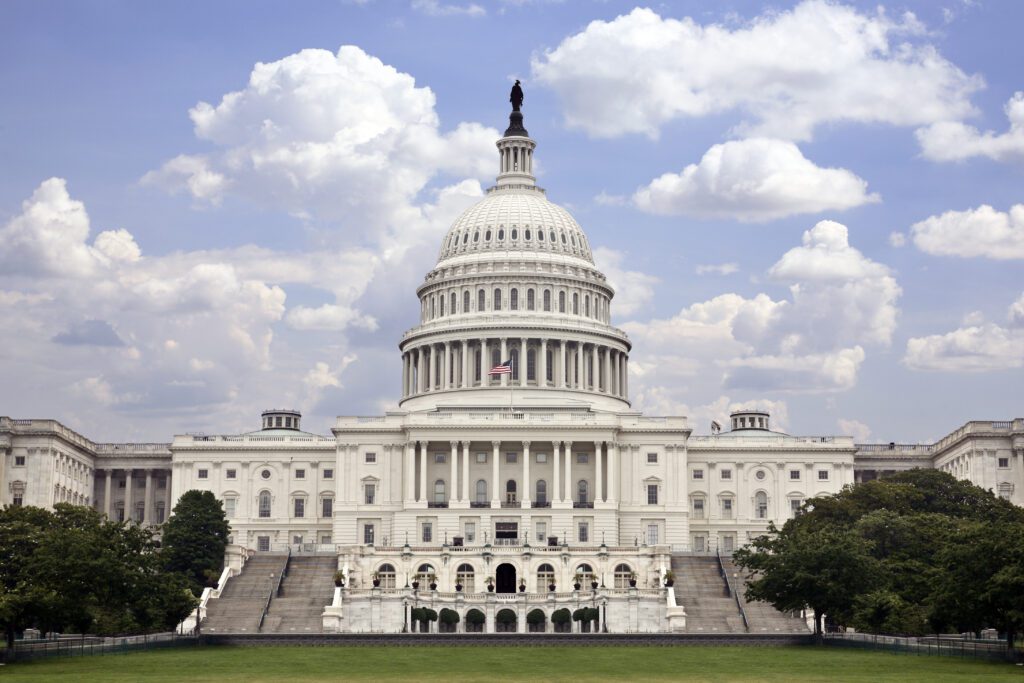On November 22, 2016, the new overtime rules (described at the end of this update) were put on hold after a federal judge sitting in Texas issued a nationwide preliminary injunction preventing the Department of Labor’s regulation extending mandatory overtime protections to white collar employees from taking effect. The revised overtime regulations were set to go into effect on December 1, 2016. In December, the DOL petitioned the Fifth Circuit for an expedited appeal of the injunction. Briefing was expected to be complete on February 7, 2017.
On January 25, 2017, the DOL (now under new management) asked the Fifth Circuit in an unopposed motion for a 30-day extension of its deadline to file a reply brief, to permit incoming DOL personnel adequate time to consider the issues. This motion to extend briefing deadlines comes only days after the White House Chief of Staff, Reince Preibus, issued a memorandum to the heads of executive departments and federal agencies instructing them to immediately freeze all pending regulations until they have been reviewed by President Donald Trump’s cabinet appointees.
The Preibus memorandum imposes three main obligations on federal agencies, two of which may greatly impact the overtime rules: (1) it directs agencies to temporarily postpone any regulations that have been finalized/published but have not yet taken effect for 60 days, beginning January 20, 2017; and (2) it instructs agencies to consider an additional public notice-and-comment period, which could result in rescinding any pending rules or postponing them beyond the 60-day period.
We are not aware of any direct pronouncements by the new administration concerning the proposed overtime regulations. However, these regulations have received considerable attention, and an administration focused on deregulation might be inclined to make substantial changes to the proposal, or abandon it altogther.
As a reminder, under the new regulations, the standard salary level for the exemption from overtime requirements was increased from $455 per week ($23,660 a year) to $913 per week ($47,476 a year). Thus, employees earning less than $47,476 per year – even if they were salaried – would be entitled to overtime pay as a matter of law.
We will continue to keep you abreast of this situation.






